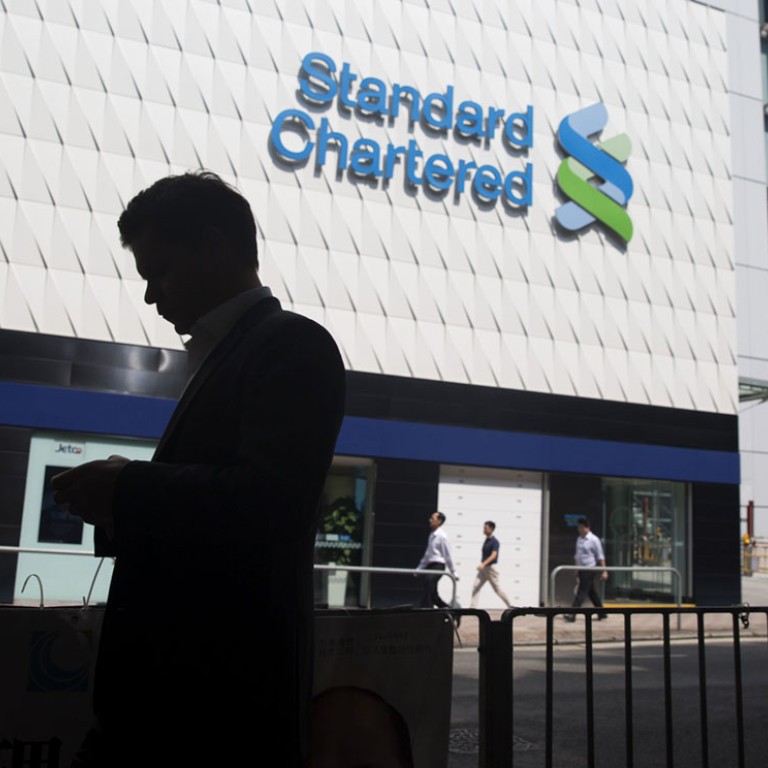
StanChart banks on long-term benefits from sustainability work
Sustainability programmes are big business at global banks, but not the kind of business that is boosting profits - at least not in the short run.
Sustainability programmes are big business at global banks, but not the kind of business that is boosting profits - at least not in the short run.
"There is a cost to sustainability, which is best seen as an investment. We don't call it community cost. We call it community investment," said Mark Devadason, Standard Chartered's global head of sustainability, a division responsible for organising and carrying out community investment in the more than 100 countries the bank operates in.
Call it what they may, sustainability is pricey work.
Devadason said the contribution the bank made was a "bit less than 1 per cent" of the previous year's profit before tax. That would put its sustainability contribution at US$54.5 million to US$60.6 million this year, assuming it fell between 0.9 per cent and 1 per cent of operating profit before tax last year.
That figure is only what Standard Chartered reports to the London Benchmarking Group, a charity that sets measurement standards for community investment from corporations around the world. The bank does not report individual donations from staff or community spending mandated by local governments, which, Devadason noted, was growing rapidly in some places, such as South Korea.
About 220 companies in 130 countries report to the charity, which recorded US$2.6 billion in contributions last year. The average rate of contribution from corporations is 1.46 per cent of pre-tax profit, but Devadason said Standard Chartered's lower contribution was in line with other financial institutions.
About half of the bank's contribution is staff volunteer hours. Each member of its 90,000-strong workforce has to volunteer one day a year for community investment, with the rate billed at an average salary.
It is a tough time to pull people away from their desks, especially for the likes of Standard Chartered and HSBC Holdings. In the first half of this year, Standard Chartered's profit was down 20 per cent at US$3.3 billion, with full-year profit expected to fall below that of last year. HSBC reported a 12 per cent drop in profit before tax to US$12.3 billion.
In the short term, the sustainability work is not clearly adding to Standard Chartered's bottom line. But Devadason said there were less tangible benefits that could eventually lead to more profitable business.
"It leads to a reduction in reputation risk, a reduction in [non-governmental organisation] negativity [and] more positive feedback from customers," he said. "It may be hard to define but we think doing things the right way will help build our brand."
